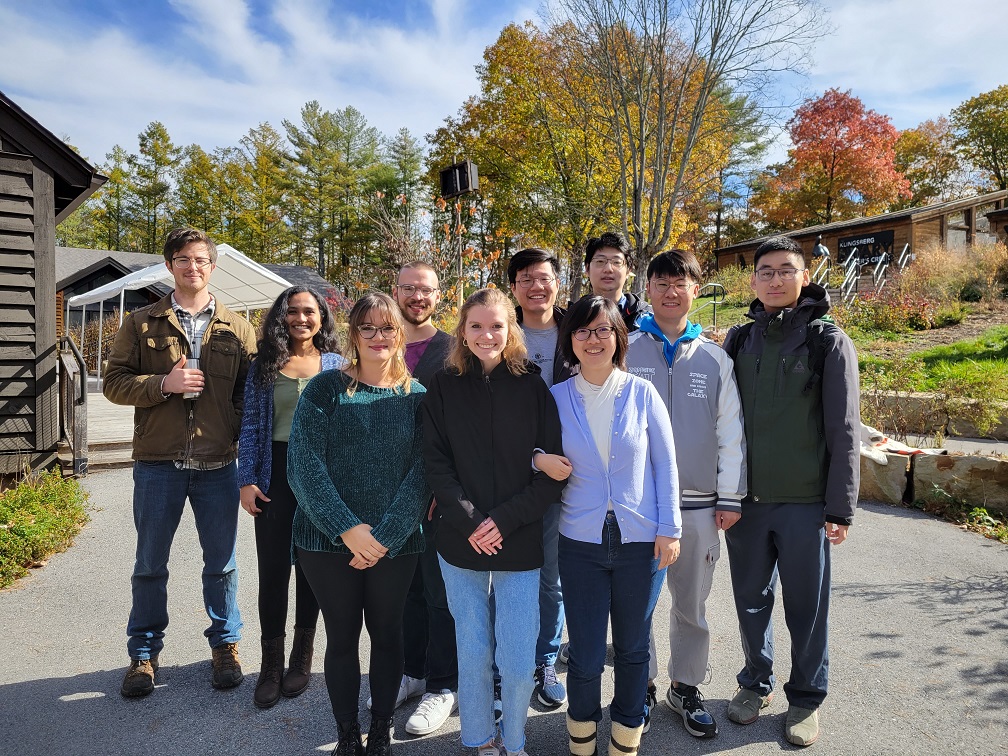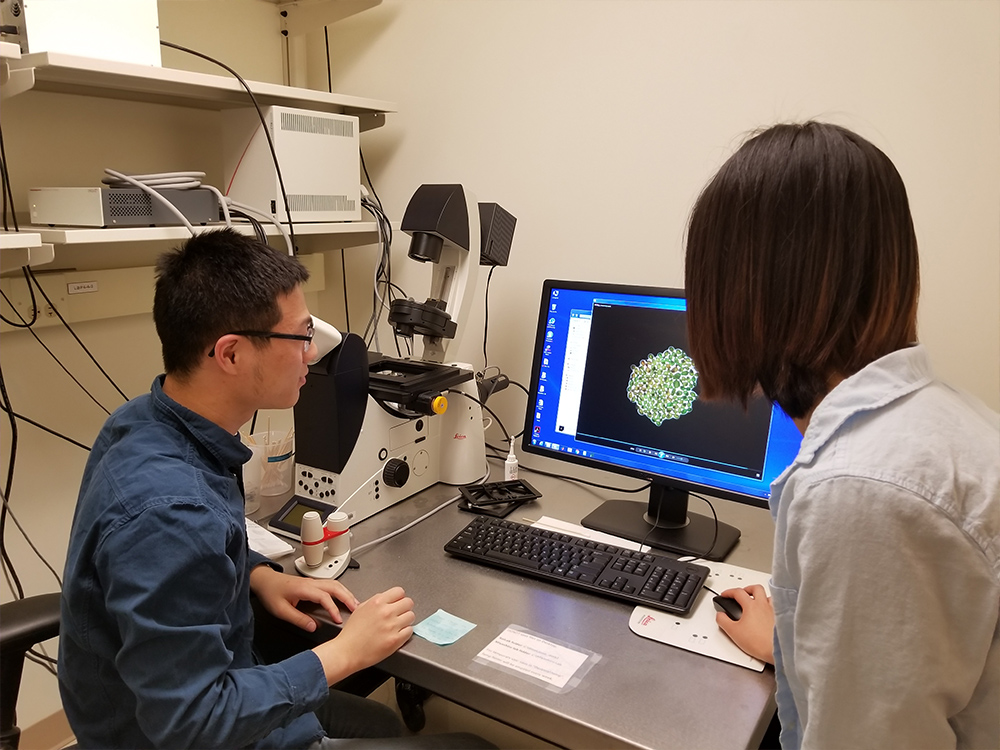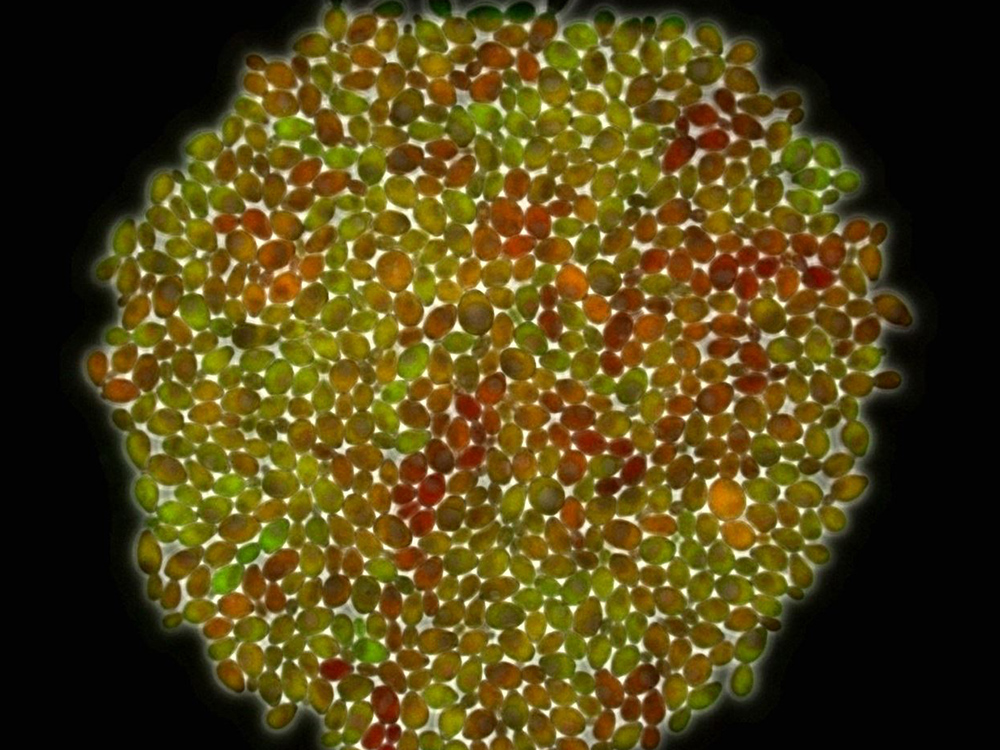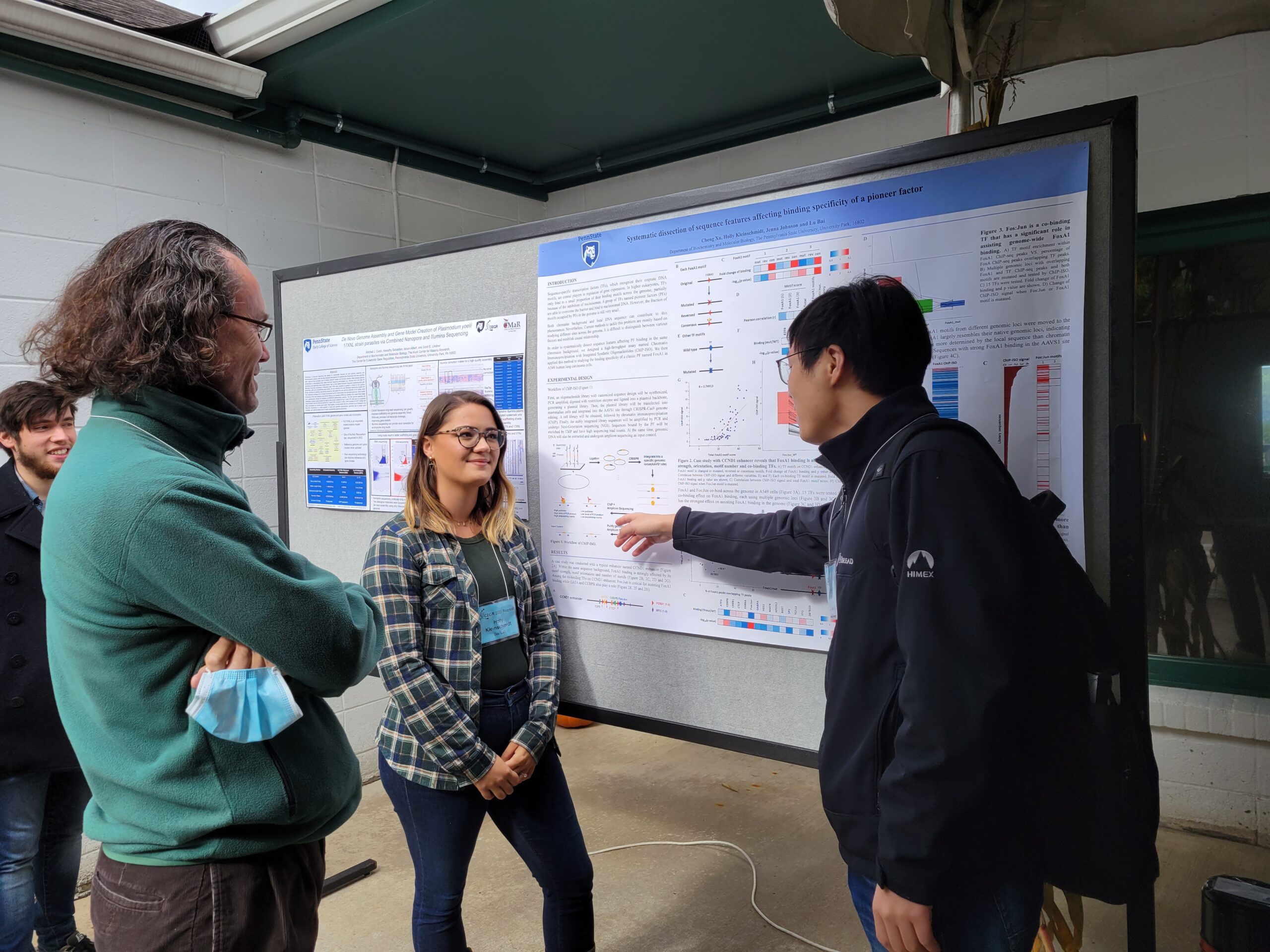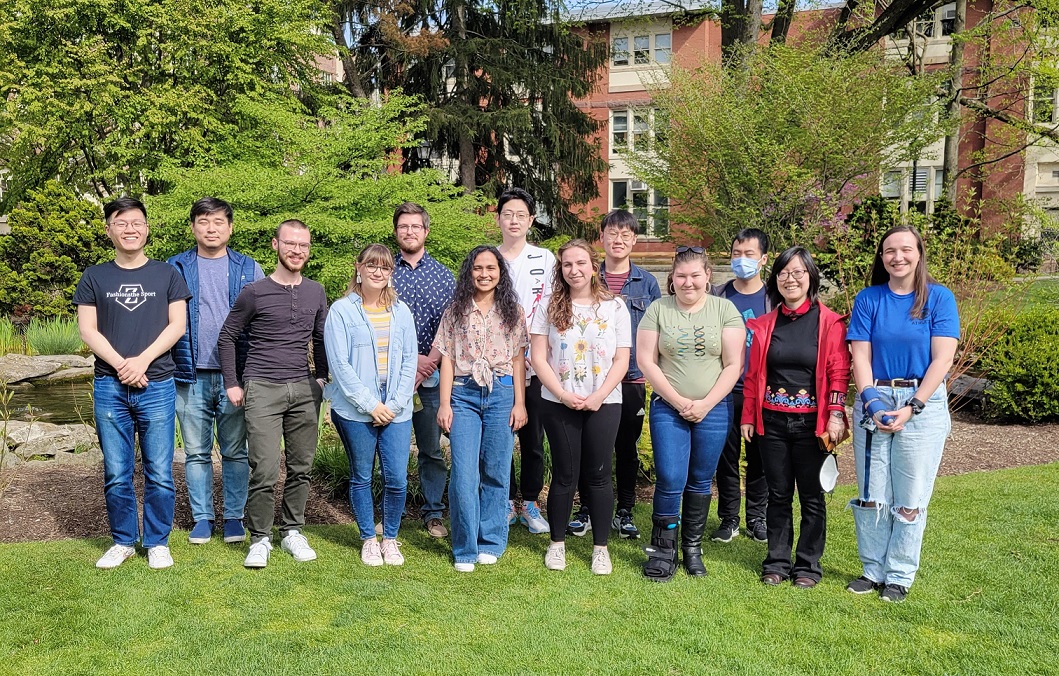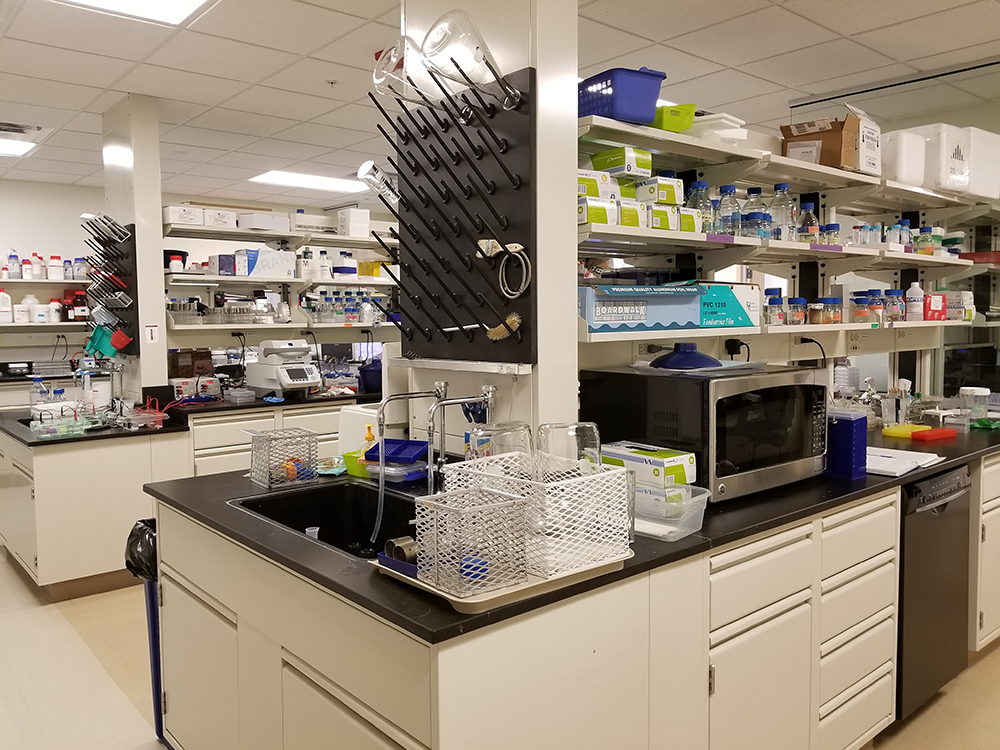Welcome to the Bai Lab
The Bai Lab uses a variety of strategies to understand the mechanism of gene regulation by chromatin structure at different levels. Currently, we are working on two main projects: (1) to identify and characterize “pioneer factors” that can lead to nucleosome depletion and (2) to mechanistically dissect long-distance chromosomal interactions that regulate gene expression. We measure gene expression in single live cells to probe how these chromatin features affect gene expression in terms of the average level, cell-to-cell variability (noise), and dynamics. We are using budding yeast as our primary model system, but we are venturing into the mammalian cells as well. Method-wise, we are using a combination of imaging, genetics, genomics, and computational methods. We are also developing new genetics and genomics tools for the projects above.
Lab News
06/24: Congratulations to Courtney and Niral for getting awarded by EGR NIH training grant!
06/24: Cheng and Holly’s paper, “Systematic Dissection of Sequence Features Affecting the Binding Specificity of a Pioneer Factor Reveals Binding Synergy Between FOXA1 and AP-1”, is accepted by Molecular Cell.
05/24: Bai lab welcomes three undergraduate students, Sarah Vinson, Caleb Katz, and Eunicsa Samuels to work in the lab during summer.
05/24: Congratulations to Yi Li on successfully defending his thesis!
05/24: A review paper by Shane, Holly, and Cheng, “Pioneer Factors: Nature or Nurture?”, is accepted by Critical Reviews in Biochemistry and Molecular Biology.
05/24: Yi’s paper, “DNA Methylation-Based High-Resolution Mapping of Long-Distance Chromosomal Interactions in Nucleosome-Depleted Regions”, is accepted by Nature Communications.
04/24: Congratulations to Shane Stoeber for winning the 2024 Robert T. Simpson Graduate Student Award for Innovative Research!
Funding
Bai lab is grateful for fundings from NIH, NSF, PSU, and previous fellowship supports.



